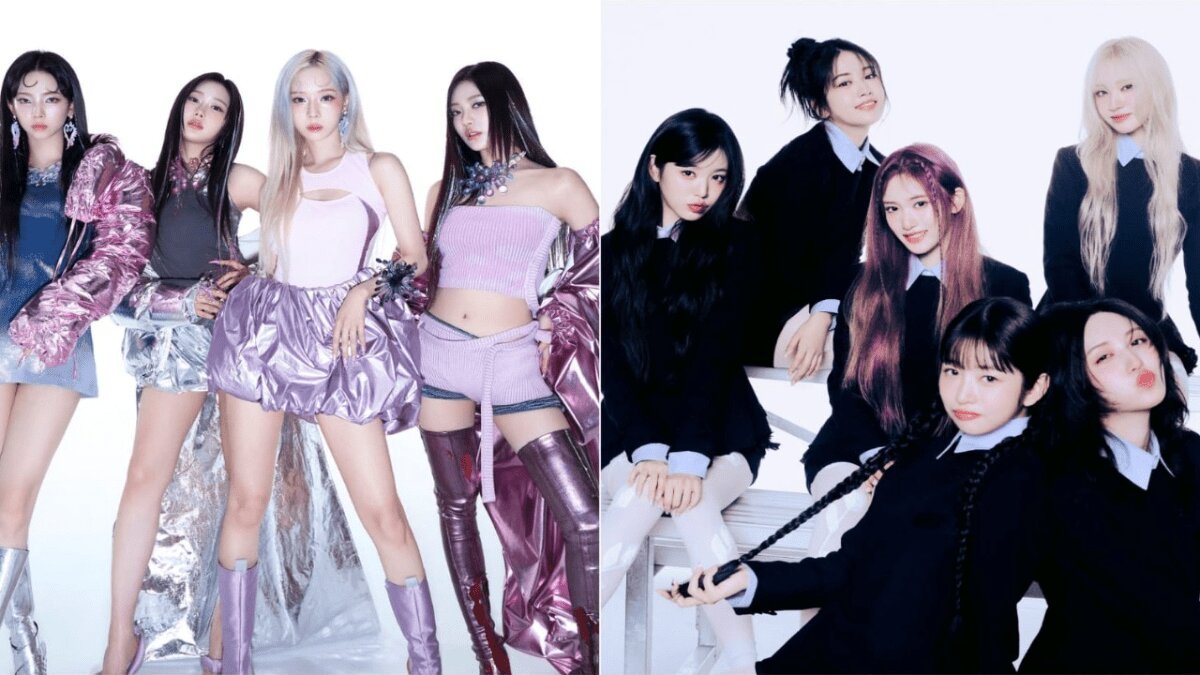aespa is currently facing a turbulent period, as controversies continue to pile up and public scrutiny intensifies. What initially began as backlash over Karina’s Instagram post has now evolved into a broader narrative that’s questioning the group’s behavior and intent, particularly toward fellow fourth-generation girl group IVE. Allegations directed at Ningning and Giselle have brought additional fuel to the fire, with netizens revisiting old footage to claim that the aespa members were mocking IVE’s Liz and Rei during emotionally charged moments at major award shows in 2023. Clips from the Melon Music Awards and Gayo Daejejeon have resurfaced, drawing interpretations that suggest insensitivity on aespa’s part, such as covering faces during speeches or smiling at inopportune times.
The timing and nature of these allegations make the situation particularly volatile. A simple gesture or expression—such as covering one’s face or smiling during another artist’s moment—has become a point of contentious interpretation. While critics argue that such actions came off as dismissive or mocking, aespa’s supporters have rushed to contextualize them differently. They note, for instance, that during Lee Juck’s song Don’t Worry, which is known for stirring deep emotions, Ningning and Giselle may have been reacting to the mood of the performance, not to IVE. Similarly, the smiles observed during Rei’s speech could just as easily be interpreted as empathetic rather than sarcastic. In moments of high emotion, subtle gestures are easily misread, especially when viewed through the lens of already brewing hostility.
The underlying tension has only been heightened by the political controversy tied to Karina’s now-deleted Instagram post. While the image seemed innocent to many—just a photo featuring a red jacket and a rose emoji—it was interpreted by others as a coded political message, with red and the number 2 symbolically linked to a conservative South Korean party. Even though both Karina and SM Entertainment swiftly denied any political intent, the backlash had already begun. In the climate of growing political sensitivity in the K-pop world, the idea of idols maintaining absolute neutrality has become an unspoken expectation, and Karina’s post was seen by some as a violation of that boundary, whether intentional or not.
All of this has contributed to a charged environment where aespa’s actions are being dissected under an unforgiving microscope. The group’s rising popularity has brought them into greater public focus, which often invites a mix of admiration and hyper-criticism. For many, the recent wave of allegations seems less about genuine misconduct and more about the competitive and occasionally toxic culture that surrounds K-pop fandoms and media narratives. With fans and critics battling it out across social platforms, the situation reflects how quickly speculation can shape perception, especially when emotions and pre-existing biases are involved.
For aespa, navigating this period will require careful communication and perhaps even a re-evaluation of how they engage with the public. Whether these controversies subside or continue to escalate will depend largely on how the group and their agency choose to respond next, and whether fans can agree on separating speculation from intention in a highly charged digital space.


